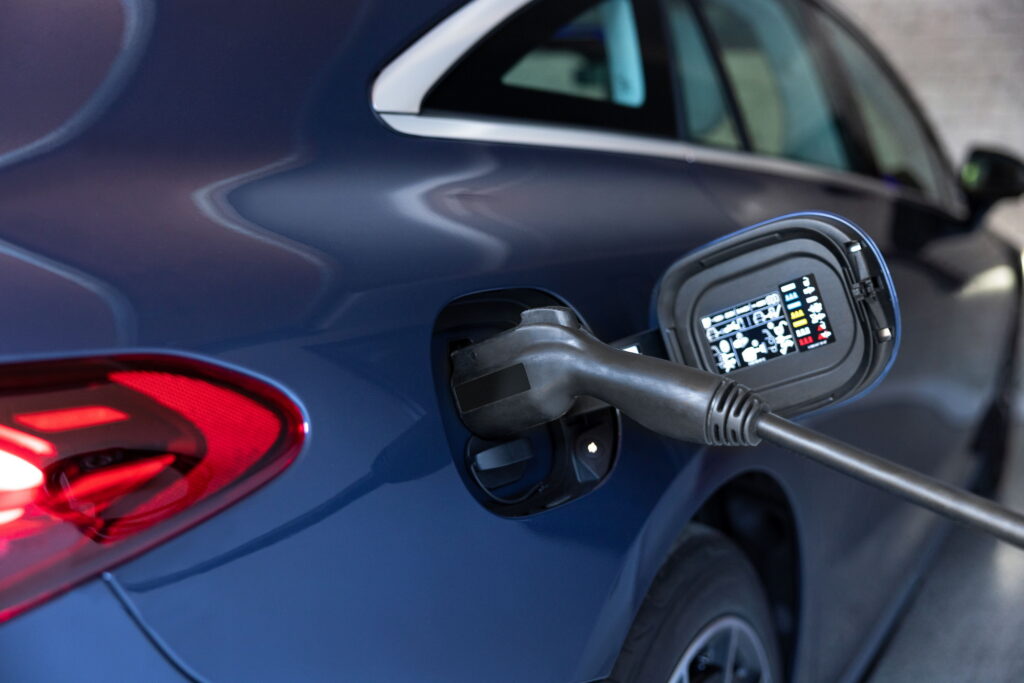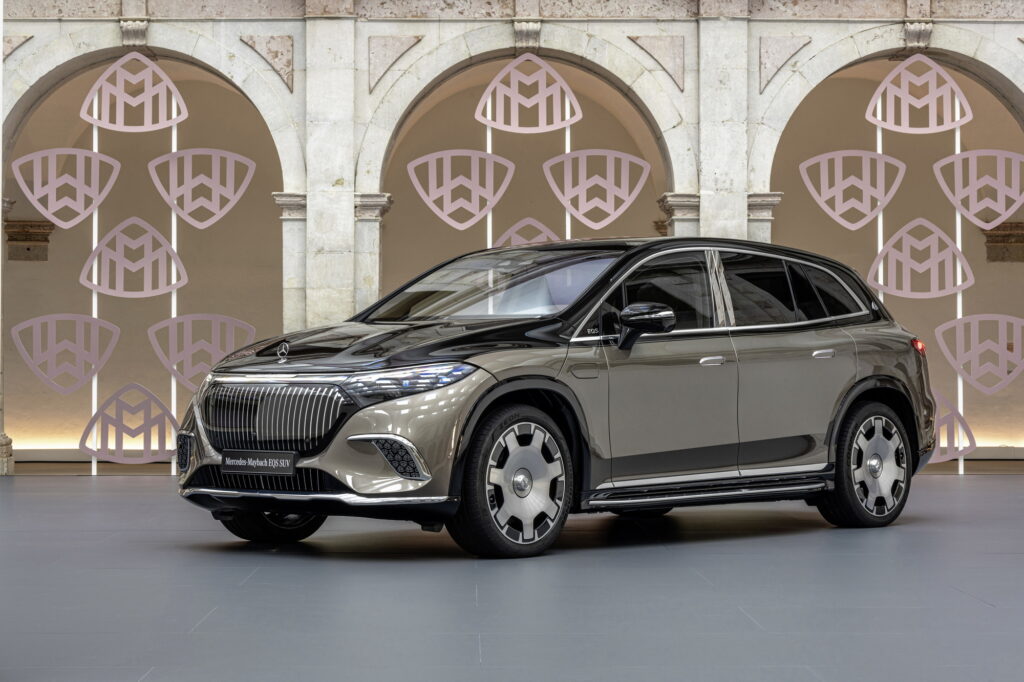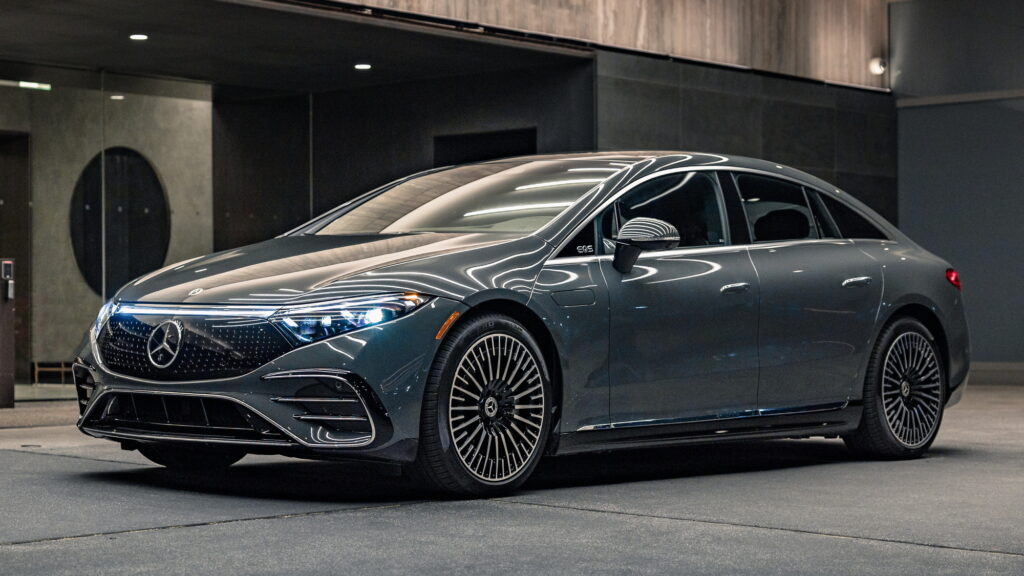Germany and its automotive industry were recently central players in the fight over the future of the European Union’s ecological ambitions in the next decade. Despite winning a stay of execution for the internal combustion engine, thanks to e-fuels, one member of the German industry is not convinced by the novel technology.
Mercedes-Benz CEO Ola Kallenius believes that electric vehicles are the way forward for his company. The rapid innovations happening in the field, the efficiency of an electric transportation sector, and the luxury afforded by the quiet technology make it a better option for Mercedes, he recently told the Frankfurter Algemeine Zeitung.
“Mercedes has a strategy that clearly relies on the electric drive. We will not fundamentally change these because of the decisions on e-fuels,” Kallenius said, as translated by Google. “From 2025, we will be aligning all of our new vehicle architectures solely for the electric drive.”
Read: Germany And EU Agree To Protect Internal Combustion Engines After 2035 With E-Fuels

Although he said that e-fuels might be useful for owners of existing Mercedes vehicles with combustion engines, he said that he doesn’t see a longer-term future for e-fuels. Instead, electric motors are the way forward, so that’s what Mercedes will focus on.
“Of the electricity that you generate with a wind turbine, for example, around 70 percent of the energy arrives on the road as driving force in an electric car, while it is significantly less in the case of a combustion engine,” said Kallenius. “The efficiency is simply sensational.”
He added that since electric motors have no local emissions, something e-fuels cannot match, that may become an important distinction for the future. Kallenius said that he could see a future in which cities like Paris and London ban combustion vehicles completely, regardless of their fuel. EVs will be valuable for the brand’s owners, then.
Although there is much love for the internal combustion engine and the flexibility that it offers, Kallenius said that EVs are still a young technology. Given time, and not a lot, he expects them to overtake combustion engines in terms of performance by the end of the decade.
While some questions remain about how many markets will be able to support a shift to all-electric technology on that timeline, Kallenius said that he believes the luxury segment will shift faster than the wider industry, which is why Mercedes is so focused on it.
Still, the handover from internal combustion to electric vehicles will depend on some factors beyond Mercedes’ control. He says that green charging infrastructure must be promoted by all means.









